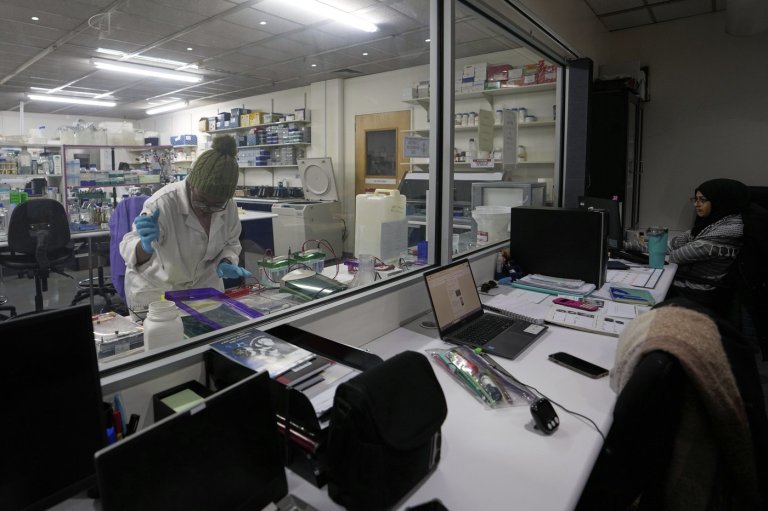EU lawmakers reject plan to allow countries opt out from GMO rules
BRUSSELS – European Union lawmakers have rejected a draft law that would have allowed countries to ban certain genetically modified food and animal feed even if the produce was authorized by EU authorities.
Lawmakers fear the move could force a return to border controls to keep GMO produce out of some countries. The decision to reject the law was taken on Wednesday by an overwhelming majority.
The environment spokesman for the assembly’s biggest political group, Peter Liese, said that “we need to avoid chaos for consumers and farmers.”
He warned that “having national bans would mean re-introducing border controls for foodstuff and feedstuff.”
The use of GMOs remains controversial in Europe. Fifty-eight such crops have been authorized for consumption, including maize, cotton, soybean, oilseed rape and sugar beet. A further 58 are awaiting approval.
The lawmakers called on the EU’s executive Commission to come up with new reforms to address problems posed by nations who oppose certain GMOs.
The Commission said it was disappointed by the vote and that it stands by its proposal.
Environmental group Greenpeace welcomed the decision, saying in a statement that the “plan would have failed to provide additional protection of European citizens and the environment from the risks posed by GM crops.”
Join the Conversation!
Want to share your thoughts, add context, or connect with others in your community? Create a free account to comment on stories, ask questions, and join meaningful discussions on our new site.












Leave a Reply
You must be logged in to post a comment.